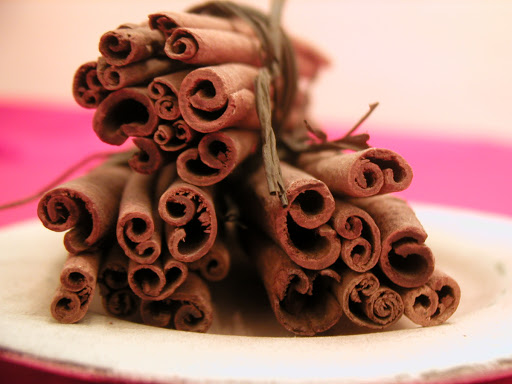
Cinnamon and pomegranate usually aren’t the first things that come to mind when we think about healthy glucose metabolism. But the supporting role they play can be significant. Cinnamon is a fascinating spice. It was highly prized in the ancient world, and is recognized today as a natural way t0 help keep blood lipids and sugars within normal ranges.
The history of cinnamon stretches back to Egypt where it was imported as early as 2,000 BC. It was considered a gift above all others, including gold, for monarchs and ancient gods. It is extracted from the bark of a dozen different trees, and the most effective variety comes from Cinnamomum. The tree’s bark is particularly oily and is packed with beneficial compounds including cinnamate, cinnamic acid, and cinnamaldehyde. Cinnamon trees are found in Sri Lanka, Indonesia, Vietnam, Burma, and China.
Here at Systemic Formulas, we use specific herbal varieties of cinnamon that can support the regulation of blood sugar. It is an excellent antioxidant with anti-inflammatory benefits. It can maintain normal blood lipids and sugars that are within healthy ranges.
Alongside cinnamon, another antioxidant that can help support glucose metabolism is pomegranate.
The Misunderstood Powers Of Pomegranate
Pomegranate has been found to support a normal glycemic function and to accommodate normal cell receptor insulin sensitivity. The antioxidant benefits originate both in the pomegranate’s flowers and seeds. The peel is rich in prodelphinidins, polyphenols, catechins, gallocatechins, and tannins. Like cinnamon, the pomegranate has a long history of healing. It was used on the Indian subcontinent in ancient Ayurveda traditional medicine.
Pomegranate is native to parts of India and Iran. It grows throughout the Mediterranean regions of the Middle East and South Asia. The fruit is also grown in limited quantities here in the United States, mostly in California and Arizona. (Before he wrote The Declaration Of Independence, Thomas Jefferson was growing pomegranates in Virginia at Monticello.)
Over the past few years, a few mass marketers and manufacturers have gone overboard with brash claims about the healing properties of pomegranate. But behind the noise lies a simple fact. Pomegranate doesn’t simply support normal glycemic function. It can also sustain proper liver-fat performance.






